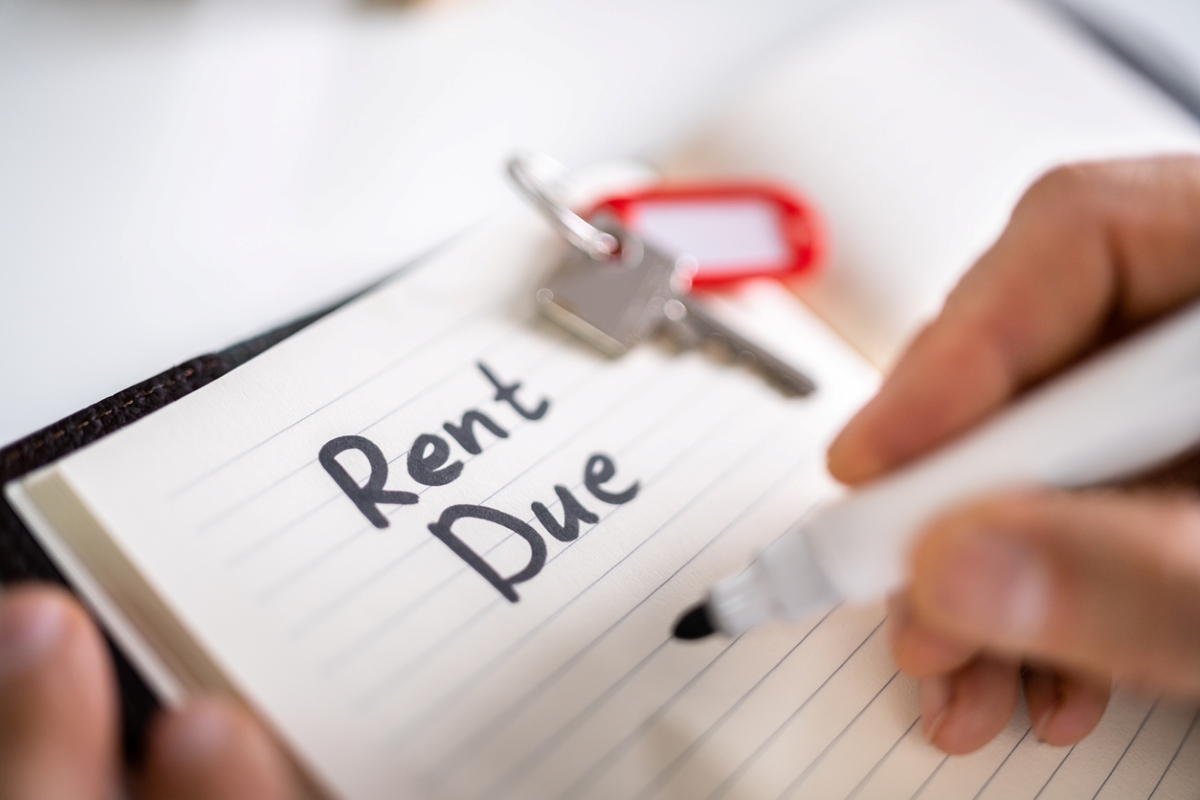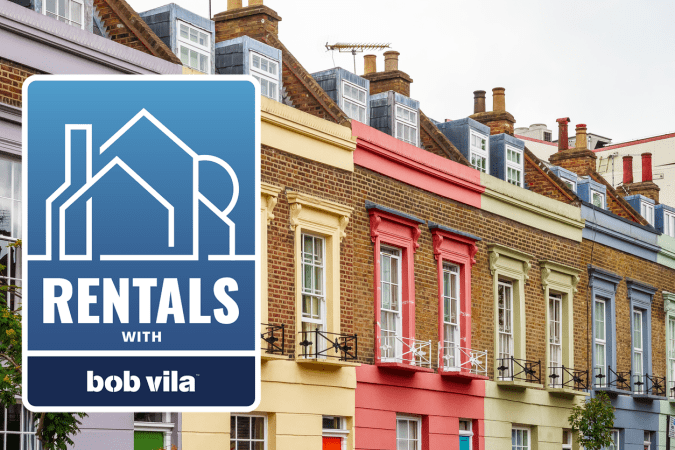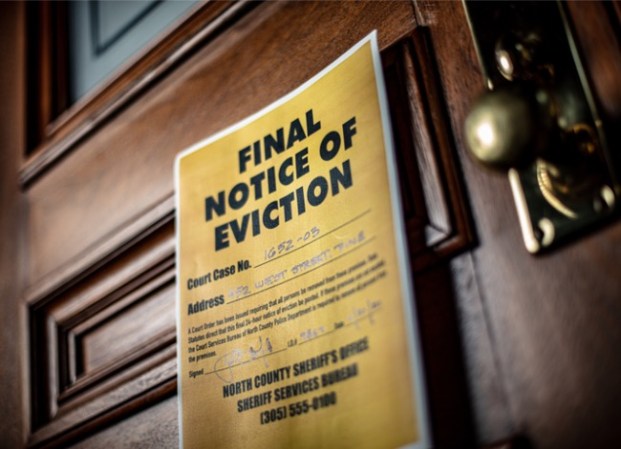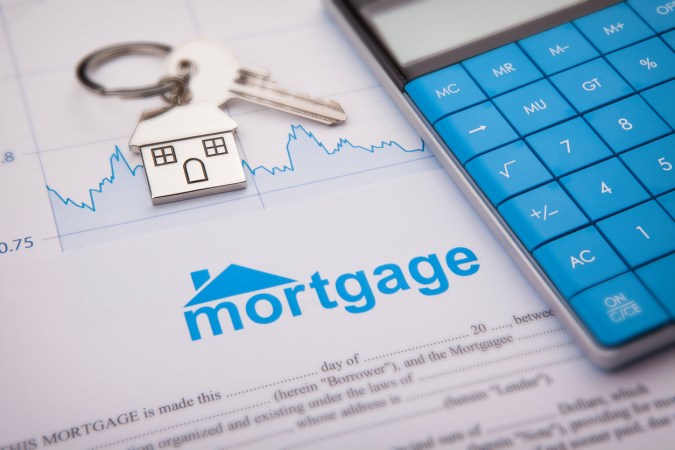We may earn revenue from the products available on this page and participate in affiliate programs. Learn More ›
Q: I recently lost my job and I don’t think I’ll be able to pay my rent next month. Is there somewhere I can go to for help? Should I call my landlord?
A: From time to time, many people go through hardships that affect their finances and even their ability to pay their rent or mortgage. Rising rent and housing costs make this possibility even more likely for many households.
The good news is that there are organizations that can provide assistance during a short-term crisis to get you back on your feet. Let’s break down what to do if you can’t pay rent or can’t pay your mortgage and how you can be proactive in this situation.
If You Can’t Pay Your Rent
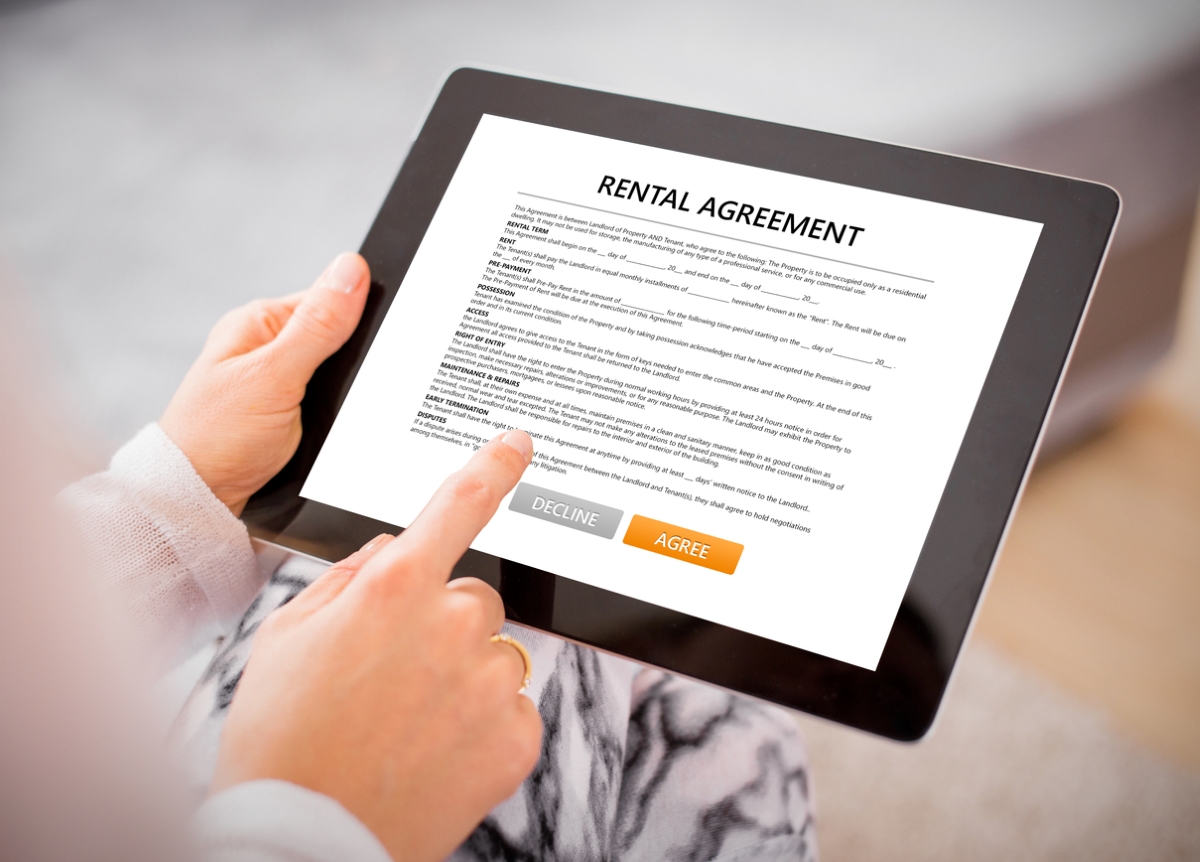
If something happens and you discover you won’t be able to pay your rent bill this month, here’s what to do next.
Look Into Assistance Programs
There are multiple assistance options for renters who are having short-term or long-term issues that are making it difficult to pay rent.
- The U.S. Department of Housing and Urban Development (HUD) supports people with housing counseling, and offers help paying rent, security deposit, energy bills, and other needs.
- The federal government also offers emergency rental assistance for renters struggling with rent or utility expenses. Renters need to apply in their state or local area for assistance.
- Call 211 to speak with a local specialist who can help you find options to pay rent or your utility bills. They also can help answer questions about your state’s eviction laws and protections.
- Charities in your area, such as Salvation Army, Catholic Charities, or local organizations, may offer emergency assistance or grants to help cover your payments.
Re-Read Your Lease Agreement
It’s important to understand the terms of your rental agreement so you can see what options, if any, are already in your contract. For example, some lease agreements have a grace period for paying rent or late fees.
RELATED: 10 Things You Should Never Do in a Rental Home
Know Your State’s Eviction Laws
Brush up on the eviction laws in your state and learn whether you’d qualify for any protections. Some states have multiple protections in place for renters that delay the eviction process. Depending on your income level, you may also qualify for free legal aid with your state if your landlord threatens eviction. You’ll be able to make a better plan on how to get back on your feet when you understand what the worst case scenario could be.
RELATED: The State of Renting: What All Tenants and Landlords Need to Know
Talk to Your Landlord
While it can be intimidating, tell your landlord about your financial situation before missing a payment. They may be willing to work with you and put you on a repayment plan if you can show the crisis is temporary and you’ll be able to make up the missed payments. If you come to an agreement with your landlord, get it in writing to protect yourself.
RELATED: Renters: How to Know If You’re Being Discriminated Against and What to Do About It
If You Can’t Pay Your Mortgage

Don’t rent but can’t make your mortgage payments? These are the steps you should take.
Look Into Assistance Programs
HUD can connect you to a housing counselor who can help you navigate communications with your mortgage lender and connect you to additional local resources. These counselors can also help you make a budget to pay your mortgage and other expenses.
RELATED: The Best Mortgage Refinance Companies
Call Your Loan Provider
It’s important to call your mortgage loan provider before you miss any payments to prevent them from starting the foreclosure process (it’s usually started after two or more missed payments). Most mortgage providers will work with you and consider some of the following options to help you stay in good standing:
- Forbearance: This allows homeowners to pause making mortgage payments or make reduced payments for a certain amount of time. During the forbearance period, homeowners aren’t charged any additional interest, but you will need to eventually repay the missed payments.
- Refinancing: Refinancing can help lower your mortgage payments if homeowners qualify for a loan with a lower interest rate or open a longer-term loan. However, this option isn’t free since you’ll need to pay closing costs, which can run between 3% and 6% of the total loan amount.
- Loan modification: This option is available when the lender agrees to change the terms of the loan to make it more affordable, such as extending the term or reducing the interest rate.
- Repayment plan: Work with your mortgage company to set up a repayment plan that will give you some breathing room to get back on your feet and resume making payments. Most lenders are willing to come up with a plan, especially if you’re in a short-term crisis, like a job loss or dealing with a medical emergency.
RELATED: Solved! How Does a Home Equity Loan Work?
The Bottom Line
While navigating a financial crisis is stressful, most landlords and mortgage lenders will appreciate knowing about your situation up front and will work with you to find a way to pay the outstanding rent or mortgage payments. It’s easier to ask for a repayment plan before missing a payment rather than asking after missing one or two.
Don’t forget to take advantage of assistance programs to help you cover your payments until you can find a longer-term solution for your financial setback. These programs can get you back on your feet and provide resources to help you budget and manage your expenses.

